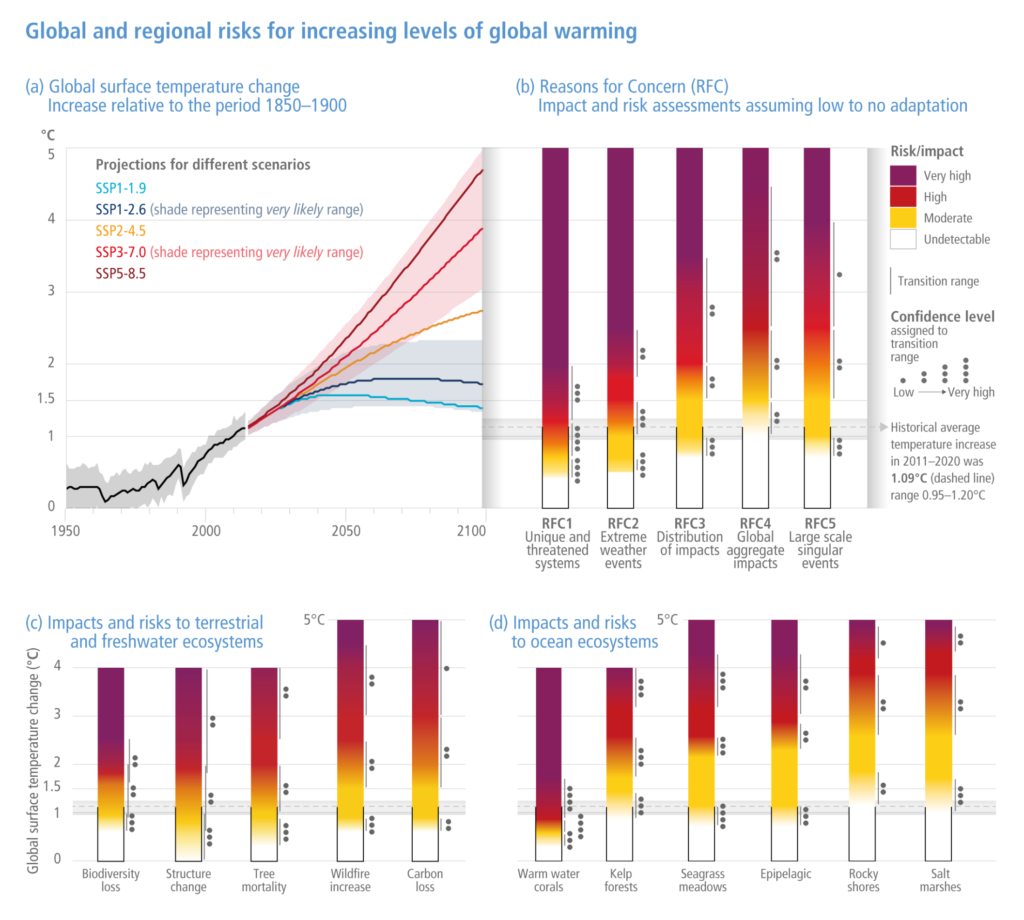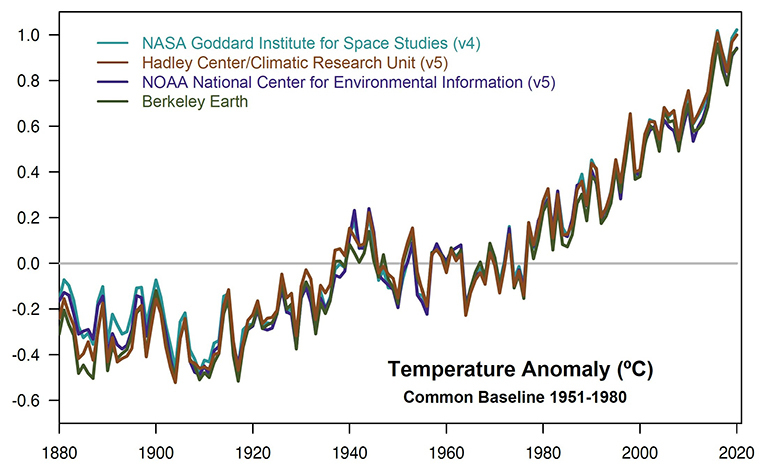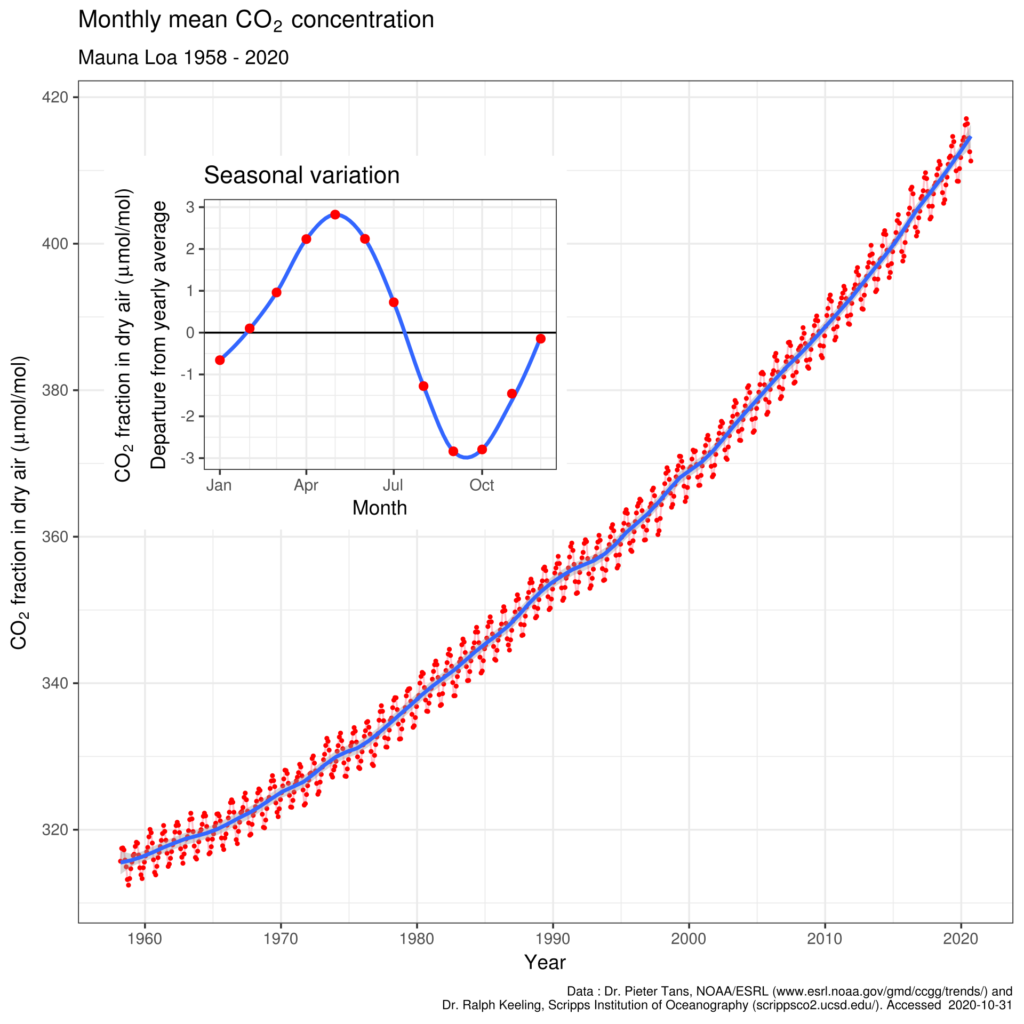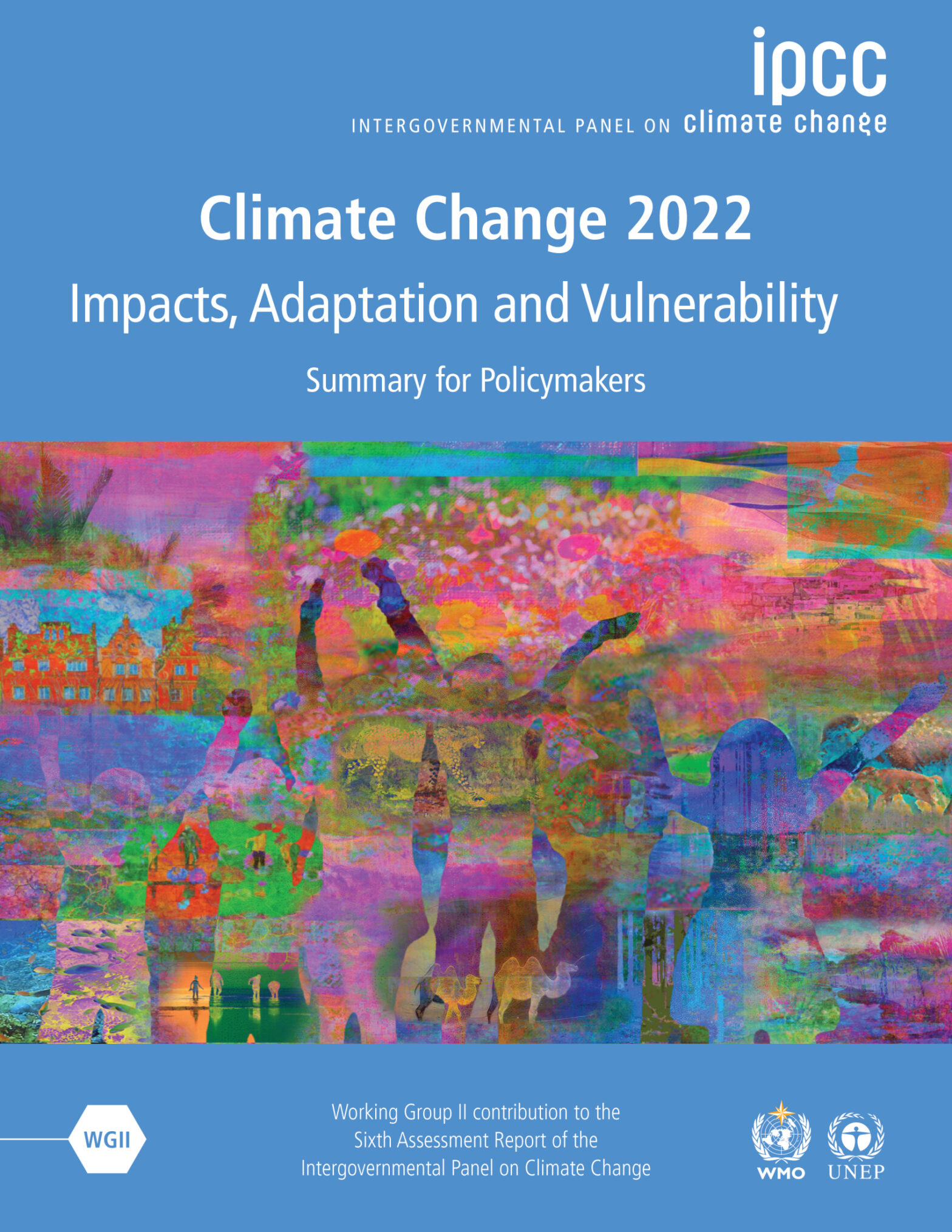ipcc.ch/2022/02/28/ipcc-chair-statement-wgii-ar6-press-conference
Monday, 28 February 2022
The findings of the IPCC report we are releasing today are clear: the stakes for our planet have never been higher.
Last August, the IPCC’s the Working Group I report showed — unequivocally – that human activities have warmed the climate at a rate not seen in at least the past 2000 years. We are on course to reaching global warming of 1.5 degrees Celsius within the next two decades. And temperature will continue to increase unless the world takes much bolder action.
The Working Group II report we are releasing today provides the latest understanding of what does this warming means for the people, ecosystems and the planet.
The report is a dire warning about the consequences of inaction. It shows that climate change is a grave and mounting threat to our well-being and a healthy planet. It also shows that our actions today will shape how people adapt to climate change and how nature responds to increasing climate risks.
Severe climate change impacts are already happening. Vulnerable people, those marginalized socially and economically, are the most exposed to climate change impacts – and have the fewest resources to adapt.
Today we also deepen our understanding of solutions to climate change and how adaptation can help us lower risks and reduce vulnerability. These solutions open up new opportunities for innovation in our societies and economies.
Our collective and individual adaptation can be an effective strategy. But, there are limits to how much we and other species can adapt. Beyond certain temperatures, adaptation is no longer possible for some species.
Our report is a blueprint for our future on this planet. It recognizes the interdependence of climate, ecosystems and biodiversity, and people. It integrates natural, ecological, social, and economic sciences more strongly than in earlier IPCC assessments. It provides new knowledge and information at regional levels and focuses on cities where the majority of the people of the planet live and opportunities for adaptation and mitigation arise.
Critically, this report highlights the importance of including and using diverse forms of knowledge, such as Indigenous and local knowledge.
But, most importantly, it emphasizes the urgency of immediate and more ambitious action to address climate risks. Half measures are no longer an option.
Thank you.
ipcc.ch/2022/02/28/ipcc-chair-statement-wgii-ar6-press-conference
ipcc.ch/2022/02/28/ipcc-chair-statement-wgii-ar6-press-conference
ipcc.ch/report/ar6/wg2

ipcc.ch/report/ar6/wg2/
Since AR5 there is increasing evidence that degradation and destruction of ecosystems by humans increases the vulnerability of people (high confidence). Unsustainable land-use and land cover change, unsustainable use of natural resources, deforestation, loss of biodiversity, pollution, and their interactions, adversely affect the capacities of ecosystems, societies, communities and individuals to adapt to climate change (high confidence). Loss of ecosystems and their services has cascading and long-term impacts on people globally, especially for Indigenous Peoples and local communities who are directly dependent on ecosystems, to meet basic needs (high confidence).
IPCC Report (AR6 SPM-12 SPM.B.2.1)
![]()
More:
climate.nasa.gov/scientific-consensus/

en.m.wikipedia.org/wiki/Carbon_dioxide_in_Earth’s_atmosphere



